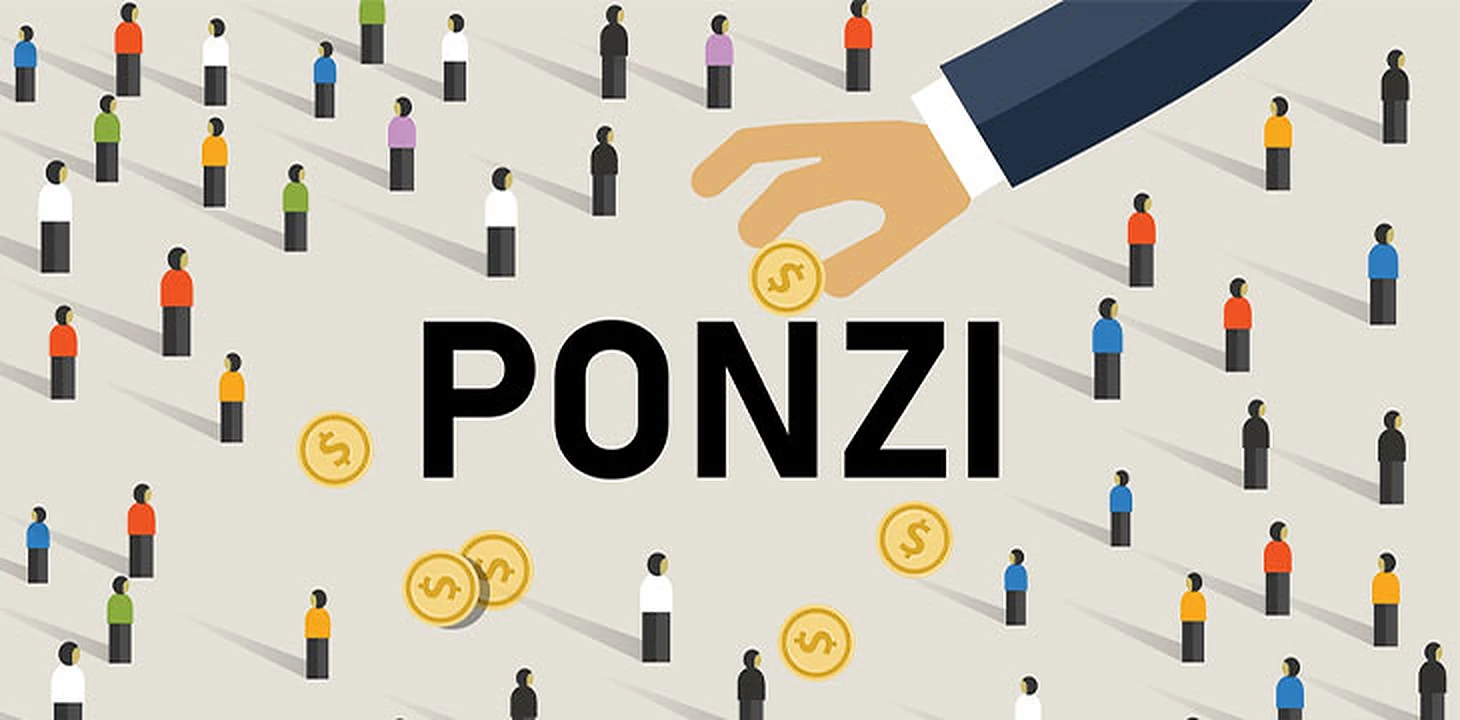On September 27th, Marco Ochoa entered a guilty plea in the United States District Court for the Southern District of New York, admitting to one count of conspiracy to commit wire fraud.
This plea marked a significant development in the case related to the Ponzi scheme orchestrated by IcomTech, a company of which Ochoa served as CEO from its establishment in 2018 until 2019.
The U.S. Department of Justice released a statement outlining the fraudulent activities of IcomTech. The company had promised its investors daily returns on various investment products, masquerading as a crypto mining and trading entity.
To lure in unsuspecting victims, promoters organized extravagant expos and community events worldwide. Additionally, IcomTech introduced its proprietary token, known as the “Icom.”
However, investigations revealed that the company never engaged in cryptocurrency mining as advertised.
Investors found themselves unable to withdraw the profits supposedly accruing in their accounts, leading to the inevitable collapse of IcomTech in late 2019.
In November 2022, charges were filed against Marco Ochoa and other high-ranking IcomTech executives.
Ochoa now faces a potential maximum sentence of 20 years in prison. U.S. Attorney Damian Williams emphasized the significance of Ochoa’s guilty plea, sending a clear message that cryptocurrency fraudsters would face legal consequences.
READ MORE: Binance and Mitsubishi UFJ Trust Collaborate on Japanese Stablecoin Initiative
Remarkably, Ochoa’s plea followed closely on the heels of another high-profile case in the Southern District of New York.
Pablo Rodriguez, co-founder of the AirBit Club Ponzi scheme, received a 12-year prison sentence from a separate judge, underscoring the increasing crackdown on cryptocurrency-related fraudulent activities.
In another related development on the same day, the Commodity Futures Trading Commission (CFTC) announced charges against Mosaic Exchange and its CEO, Sean Michael.
Mosaic Exchange allegedly enticed investors to permit the company to engage in cryptocurrency futures, swaps, and leveraged spot transactions on their behalf.
CFTC Commissioner Kristin Johnson expressed concern about the unregulated nature of these novel market structures.
Mosaic Exchange had executed digital asset derivatives trading on platforms like BitMEX and Binance, both of which had previously faced CFTC charges related to their failure to register as futures commission merchants, swap execution facilities, or designated contract markets, as well as their inadequate anti-money laundering and know-your-customer procedures.
Commissioner Johnson asserted the need for the CFTC to introduce regulations addressing gaps in these emerging markets, reflecting the ongoing efforts to safeguard investors and maintain the integrity of cryptocurrency trading.
Other Stories:
Judge Allows Evidence of Political Donations in Sam Bankman-Fried’s Fraud Trial
‘BitBoy’ Arrested During Livestream Outside Former Associate’s Home Over Lamborghini Dispute
EOS Is Becoming a Climate Positive Network That Will Offset Its Energy Consumption by 3x




